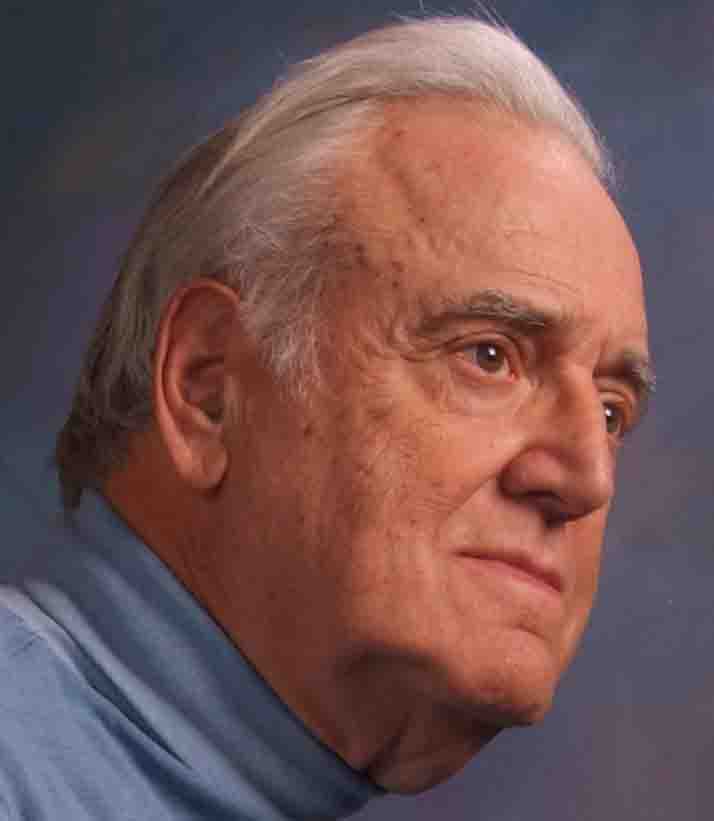Mr. O'Rourke: It's past time for you to go back to school.
The recent Sochi Winter Olympics have prompted considerable Russia-bashing in our media. An eighty billion dollar extravaganza, we were told. No mention that fifty billion of that was for permanent infrastructure in the region.
The opening ceremonies were a technological marvel with thousands of intricate devices and programs operating without a hitch. All, that is, but one: that snowflake that failed to morph into a ring -- about which our media reminded us repeatedly. "Proof," of course, that Russia is still "an engineering backwater."
I am second to none in my contempt of Soviet Communism. That contempt is compounded by my appreciation of how my Russian friends and their forbearers suffered under that regime. As I have often said, if you want to meet an anti-communist, talk to a Russian.
Accordingly, justice demands that the Soviet governments be distinguished from the people, Russians and others, that suffered under it and eventually overthrew it.
Similarly, the present Russian government must not be confused with the people who suffer under it. Putin's government imposes an oligarchy upon a people who have never known democracy. Not unlike the American people who once knew democracy, casually allowed it to slip away, and now also endure the rule of an oligarchy -- if only they had the eyes to see it.
P. J. O'Rourke exemplifies an appalling American ignorance of Russian culture and history. For example, Ronald Reagan often said that the Russian language has no word for "freedom." Had he taken the trouble to pick up his phone and ask his State Department, they would have told him that the Russian word for "freedom" is "svoboda" (свобода).
In fact, despite brutal repression, the Soviet Union and now Russia somehow manage to produce heroic champions of liberty such as Aleksandr Solzhenitzen, Yuli Daniel, the brothers Medvedev, Oleg Kalugin, Aleksandr Nikitin, Aleksey Yablokov, Yevgeni Yevtushenko, Andrei Sakharov and Elena Bonner. Add to these the thousands of Soviet citizens who crowded the streets of Moscow, St. Petersburg and Vilnius in 1991, halting the Red Army tanks and reversing the communist counter-coup in 1991. The light of liberty still shines, albeit diminished, in the land of the Tsars and the Commissars.
Following the collapse of the Soviet Union, there were active movements in both Russia and the west to forge bonds of respect, communication and friendship -- "mir i druzhba.". And I can report that in my several visits to Russia, I found widespread interest in American history and appreciation for American culture and political institutions.
Though diminished, an opportunity remains for mutual cultural enrichment, provided we dismiss, on both sides, the chauvinistic bombasts of ignoramuses like P. J. O'Rourke.
THE SOUL OF RUSSIA
I can personally testify to the profound Russian devotion to artistic culture, particularly to music. Of this devotion the late Russian violin virtuoso, Isaac Stern, observed:
Russia is a place where music is as necessary as bread... The Russians are willing to wear their hearts on their sleeves with abandon, and with a natural fervor which is basic to the Russian soul. ("Weekend Edition," NPR, October 30, 1999)
I encountered numerous expressions of this Russian "soul" during my several visits to Russia. Two are especially vivid in my memory.
In 1991 I was in Moscow during what turned out to be the final summer of the Soviet Union, I discovered then that Soviet Moscow could be a rather drab place for the clueless American visitor.
My friend Slava came to my rescue with a timely phone call.
(Note: You can view every article as one long page if you sign up as an Advocate Member, or higher).





